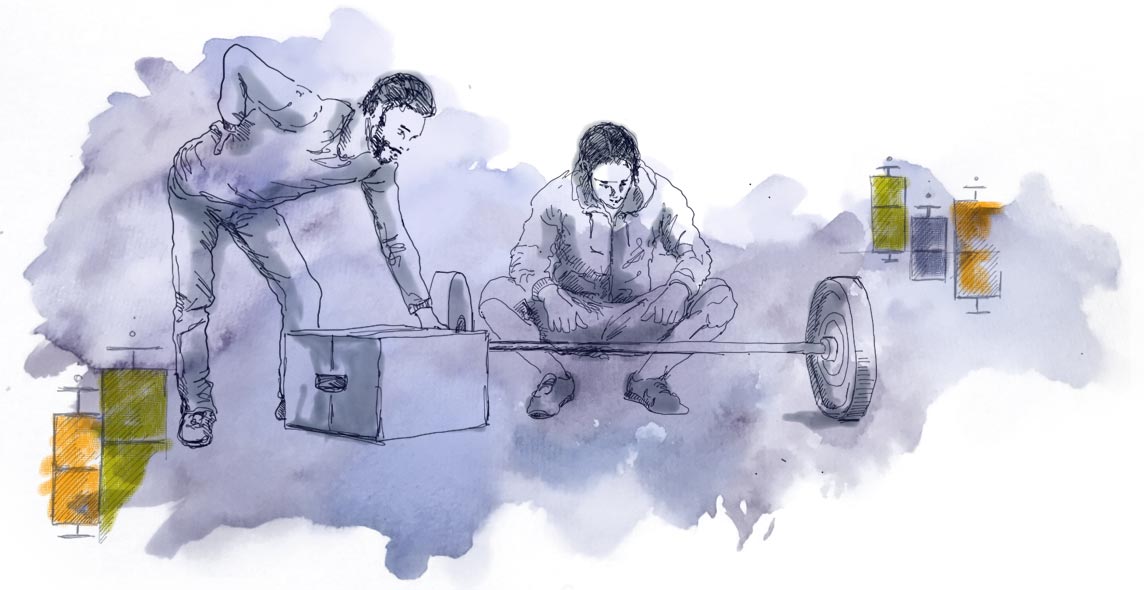Psychometric Characteristics
The original HEP-Test-Q was pilot-tested (n=24) and field-tested (n=43) in adult haemophilia patients in Germany attending the Hemophilia & Exercise Project (HEP); the paediatric version was pilot-tested (n=67) and field-tested (n=127) in children with haemophilia in the UK participating in the EIS and the SO-FIT Study. Both versions showed good psychometric characteristics in terms of reliability and validity.
The internal consistency of the adult version ranged from Cronbach's alpha 0.85 to 0.96 and for the paediatric version Cronbach's alpha ranged from 0.80 to 0.94.
With regard to convergent validity high correlations were revealed between the adult version of the HEP-Test-Q with the disease-specific questionnaires Haem-A-QoL for the assessment of health-related quality of life (r = -0.82) and HAL (Haemophilia Activity List) for the assessment of physical performance of daily life (r = .76); moderate correlations were found between the paediatric HEP-Test-Q and the disease-specific quality of life questionnaire Haemo-QoL SF (r = −.575) and the disease-specific instrument for the assessment of physical functioning PedHAL (r = .634).
Concerning known groups validity significant differences were demonstrated for the adult HEP-Test-Q concerning age, hepatitis infections and number of target joints; significant differences were found for the paediatric HEP-Test-Q concerning pain, target joints, orthopaedic status (OJS) and body mass index (BMI).
